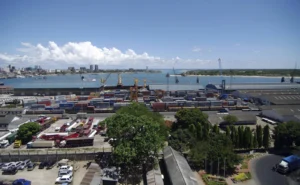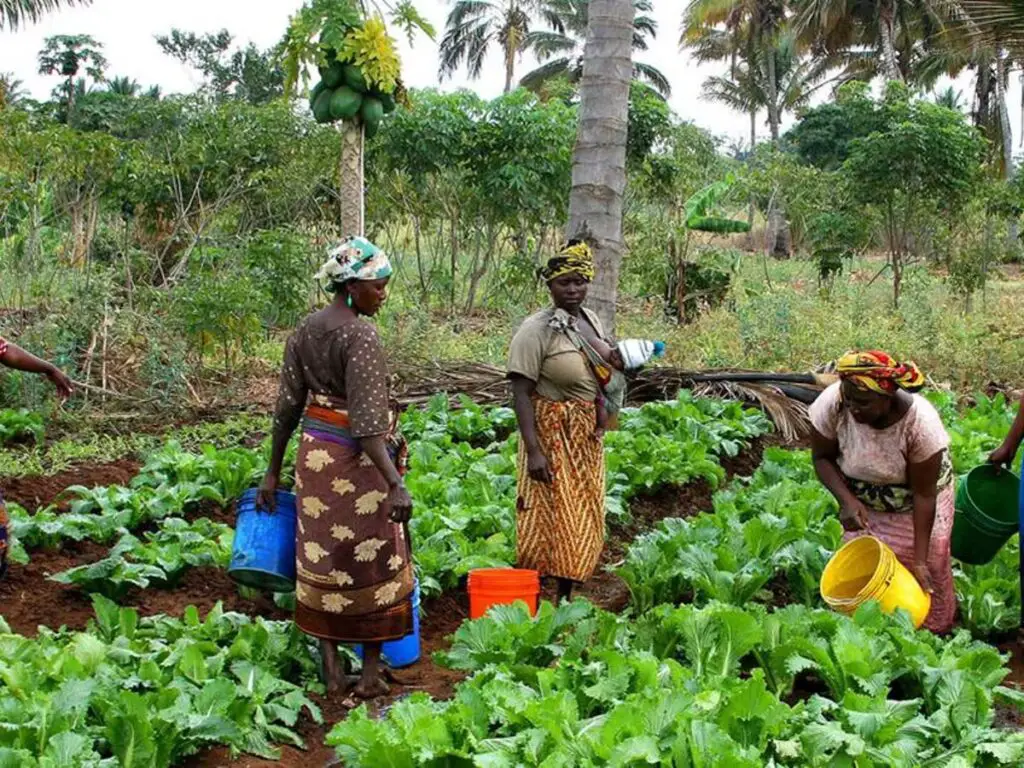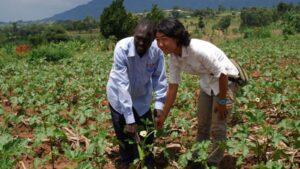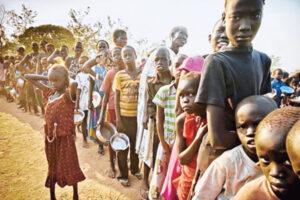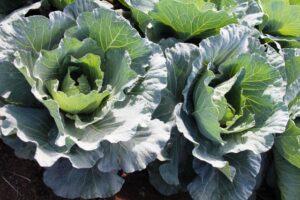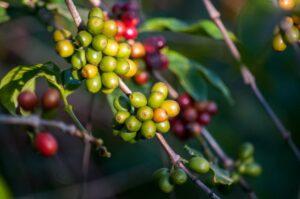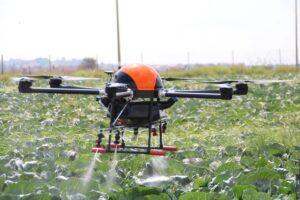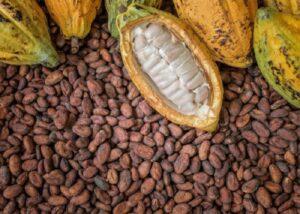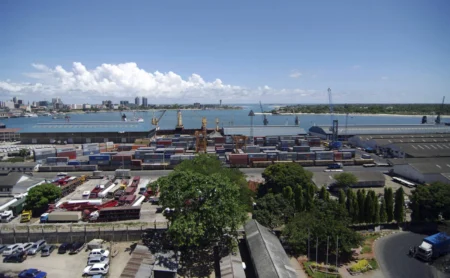- New $900,000 initiative aims to boost sustainable trade in Tanzania
- Organization of the Petroleum Exporting Countries’ (OPEC) pride in its African roots
- AIM Global Foundation pushes for stronger Gulf-Africa trade partnerships
- Investment opportunities in South Sudan’s emerging gold industry
- Family planning drive in Kenya gets 450,000 self-injectable contraceptive doses from UK
- AfDB commits $2 billion to revolutionise clean cooking in Africa, save forests
- The harsh realities of family laws for African women revealed
- Kenyan home buyers shift preferences, seek affordable housing despite market downturn
Agribusiness
- Expensive loans remain a significant issue across populations engaged in agriculture in Nigeria, Tanzania and Zambia.
- A report by the Alliance for Green Revolution in Africa (AGRA) says capital injection is a significant strategy agribusinesses use to survive.
- Moreover, agribusinesses face high operational costs from fuel prices and low-profit margins driven by currency devaluations.
The lack of agriculture-friendly financial systems saw agribusinesses turn down expensive loan options in the market, with only 15 per cent taking on commercial capital in 2023 and the rest sourcing capital from friends, family and their business savings.
The incentives by the government channelled towards agriculture failed to adequately cushion Agribusinesses from economic shocks, a new report by Alliance for Green Revolution in Africa (AGRA) has revealed.
The African Agribusiness Outlook survey is conducted annually to gain insights into the sector’s top priorities, how they address challenges, and what SMEs see as opportunities.
A reflection …
- Sustainable agriculture employs 65-70 percent of Africa’s labour force.
- Only two to three percent of African renewable water resources are usable compared to the 5 percent worldwide.
- In 2019 a report revealed that Africa produced more than 50 percent of the world’s cassava.
A severe drought has left millions of people in Africa dependent on grain from Ukraine, a country at war with Russia, yet a number of crops that could support more climate-resilient and healthful food systems in sub-Saharan Africa continue to receive limited attention.
Across Africa, cassava, sugarcane and maize stand out for supporting millions of families in governments’ quest to maintain food security
Sustainable agriculture is one of the highlights that support Africa’s economic development. For decades these cash crops in Africa have accounted for almost 20 percent of the entire continent’s revenue. It has further advanced and introduced concepts such as agritech, significantly teaching better farming …
- Limited internet access is inhibiting the uptake of agricultural innovations across Africa.
- While Agriculture remains the backbone of Africa’s economy, farmers in rural areas are yet to benefit from the innovative solutions designed to increase productivity within the sector.
- Innovative solutions are the key to boosting employment and increasing youth participation in the agricultural sector.
Limited internet access is inhibiting the uptake of agricultural innovations across Africa. This is according to Hon. Frank Tumwebaze, Uganda’s Minister for Agriculture, Animal Industry and Fisheries.
Speaking at the sidelines of the two-day Africa-Korea Agtech Innovation Summit held in Nairobi, Hon. Tumwebaze, said, “While Agriculture remains the backbone of Africa’s economy, farmers in rural areas are yet to benefit from the innovative solutions designed to increase productivity within the sector.”
The Uganda Minister emphasized the role of Governments’ investment in internet penetration across Africa’s rural areas. This will aid in adoption of …
Africa remains one of the most vulnerable regions in regard to food security, and is under great pressure to solve the increasing need for food due to an explosive population growth. Despite that, one out of four undernourished people globally is coming from Africa. Sub-Saharan Africa (SSA) is paying the highest price for fertilizers in the world. The costs of fertilizers in SSA are roughly four times higher than in Europe, and the food security of African nations is greatly dependent on imported fertilizers. Even more concerning, the global price of fertilizers has been increasing during the crisis, such as the global food crisis affecting Africa – and even during the pandemic. How is it possible that the world’s most expensive fertilizers are sold in Sub-Saharan Africa, while the continent is suffering to feed her people? What needs to change?
No local production of fertilizers
The mineral fertilizer industry is …
Kenya’s Capital Markets Authority (CMA) has issued the first set of licenses to five coffee brokers in line with the Capital Markets (Coffee Exchange) Regulations, 2020.
In a statement, the Authority says the licenses will allow the brokers to carry out the role of coffee brokerage services at the Nairobi Coffee Exchange (NCE) with effect from 1 July 2021.
Meru County Coffee Marketing Agency Limited has been granted a full coffee broker licence, while others, which include Kipkelion Brokerage Company Limited, and Murang’a County Coffee Dealers Company have been granted conditional licences.
According to the Authority, they are expected to come into full compliance with the requirements of the Coffee Exchange Regulations within the next three months.
“The Authority is mandated to regulate the spot commodity markets in Kenya and in particular, the coffee commodity market according to Section 11(3) of the Capital Markets Act,” CMA said in a statement.…
Africa holds great potential in contributing to food and nutrition security, and economic growth through innovative science, sustainable agri-food systems, and transformative partnerships.
As rice becomes a potentially strategic commodity in Africa, many countries have embarked on different programs to boost domestic rice production along with continental initiatives.
Rice is one of the key strategic crops for food security and a source of income for rice value chain actors in the project countries. Despite increases in rice production, the local supply however, has not been able to meet the growing demand, driven by changing consumer preferences and rapid urbanization. …
An educational approach especially one that combines study in key areas like Science, Technology, Engineering and Mathematics (STEM) is critical to achieving lasting change in the continent.
An educational-based development model is a revolutionary tool in the economic sector as it fosters innovation, problem solving and creativity in real-life situations.
The approach has been adopted in most countries globally, as well as in the African continent. It has a significant impact on society, the economy and the way people relate to the natural environment.…
Additionally, a 2020 survey by CPS International shows that 30 per cent of employers are unsatisfied with the talents newly-hired graduates cause board from university.
As a result, over the last several years, there has been a gradual change within the perception that young, educated Kenyans have had about what would are called less-glamorous jobs like in agriculture. …
Cocoa and Chocolate companies have been asked to pay more in premiums. The move which is being spearheaded by Ivory Coast and Ghana is aimed at supporting cocoa farmers’ wages.
The implementation of high premiums may however, take little longer bearing to the economic effects that have been brought about by the Covid-19 pandemic.
Head of Ivory Coast’s Coffee and Cocoa Council (CCC) Yves Kone acknowledged that the countries have limited leverage to force the hands of companies suffering from a fall in global demand due to the pandemic.
Ivory Coast and Ghana, which together produce about two-thirds of the world’s cocoa, introduced a $400 per tonne premium this season termed the living income differential (LID) to increase wages for farmers, many of whom live in poverty.
But Ivory Coast was forced to repeatedly slash a separate quality premium that exporters pay, known as the country differential, in response to …


